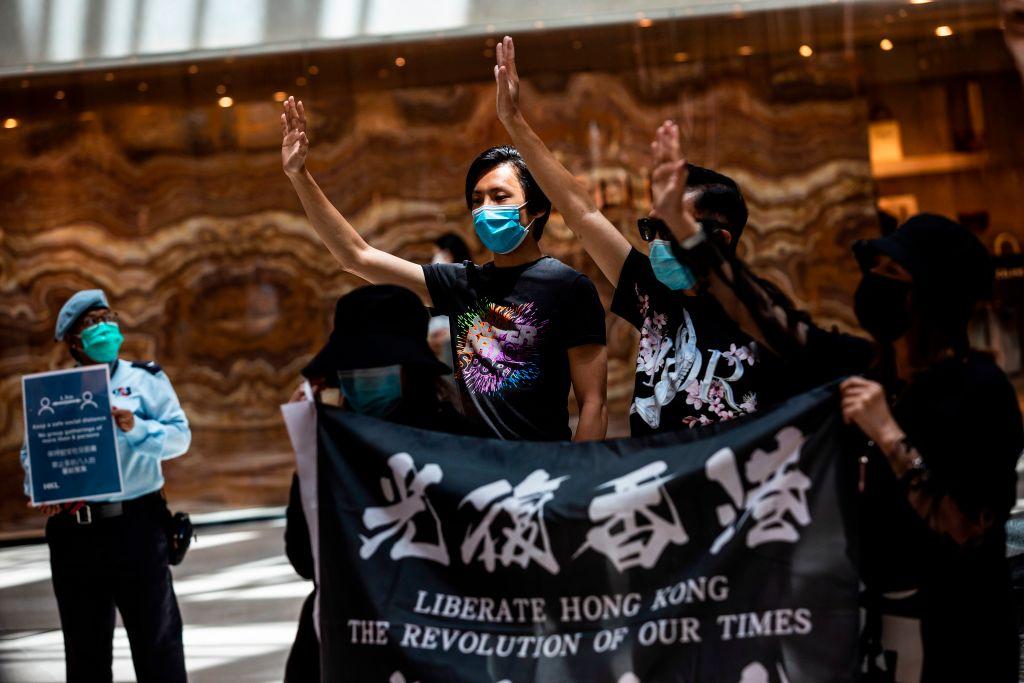Many U.S. companies in Hong Kong expressed concern about Beijing’s decision to implement a national security law in the former British colony, according to a business survey released on June 3.
Beijing adopted the law after a ceremonial vote by its rubber-stamp legislature on May 28. The law has drawn international criticism for threatening Hong Kong’s autonomy and freedoms, which were guaranteed when the territory transferred sovereignty from Britain to China in 1997.





